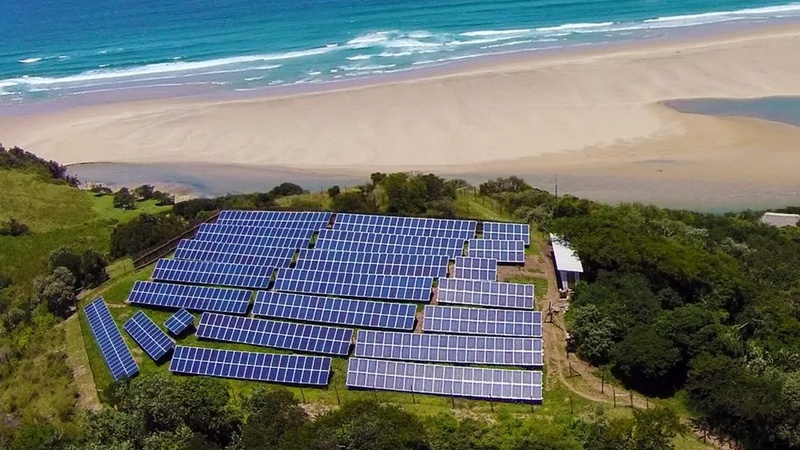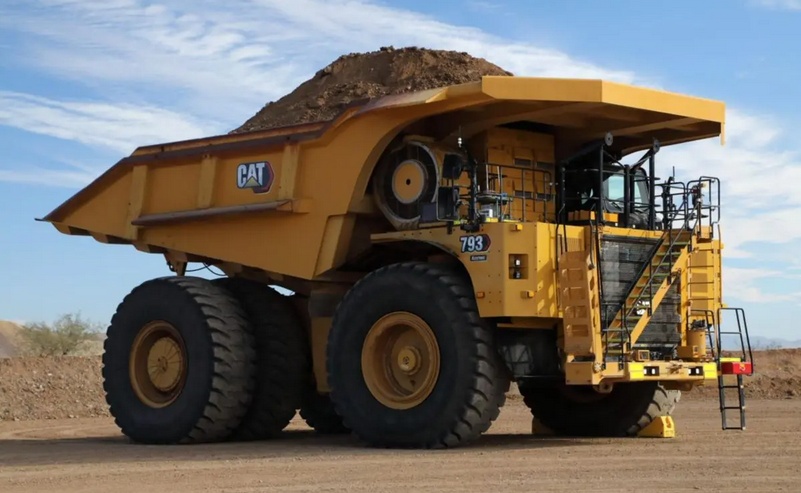November 29 NEC Energy News
¶ “South Africa Turns To Solar To Help Stop Power Cuts” • To try to help solve the problem of frequent power cuts and boost its environmental credentials, the South African government is undertaking efforts to boost its solar power generation capacity. To do this it is encouraging firms in the solar sector to tender for contracts. [BBC]

¶ “Small Modular Reactors Will Not Save The Day” • Wind and solar are much cheaper than new nuclear plants even when storage is added. The National Renewable Energy Laboratory estimated the cost of unsubsidized utility-scale solar plus battery storage in 2021 was $77/MWh, about half the cost Lazard has estimated for new nuclear. [Utility Dive]
¶ “Octopus Identifies 2.3 GW Of UK Wind Potential” • Octopus Energy Generation has identified 2.3 GW of potential new British onshore wind energy. Developing all this onshore wind energy would be the equivalent of building a large nuclear power plant. It would provide enough home-grown, cheap, green energy for 1.85 million homes. [reNews]
¶ “Caterpillar Makes One Gigantic Electric Truck To Rule Them All” • The latest electric truck from Caterpillar is a zero-emission version of the company’s massive diesel-powered 793 mining truck. It will help push EVs for heavy duty use, as it demonstrates a battery-powered electric drive that can tackle some of the toughest jobs on Earth. [CleanTechnica]

¶ “Hyundai Plans Three Battery Factories With Annual Capacity Of 90 GWh” • Motivated by the Inflation Reduction Act, Hyundai broke ground on a $5 billion electric car factory near Savannah, Georgia. Also, with partners SK On and LG Energy Solution, it is building three battery factories there, with a total capacity of 90 GWh annually. [CleanTechnica]
¶ “New Study Projects Health Benefits Of Rapid Renewables And EV Adoption” • The journal Nature Communications has published a study showing that a rapid transition to EVs and heat pumps for buildings would dramatically reduce hazardous air pollutants in the US. One reviewer pointed out that the benefits to our health would be tremendous. [Environment America]
For more news, please visit geoharvey – Daily News about Energy and Climate Change.
